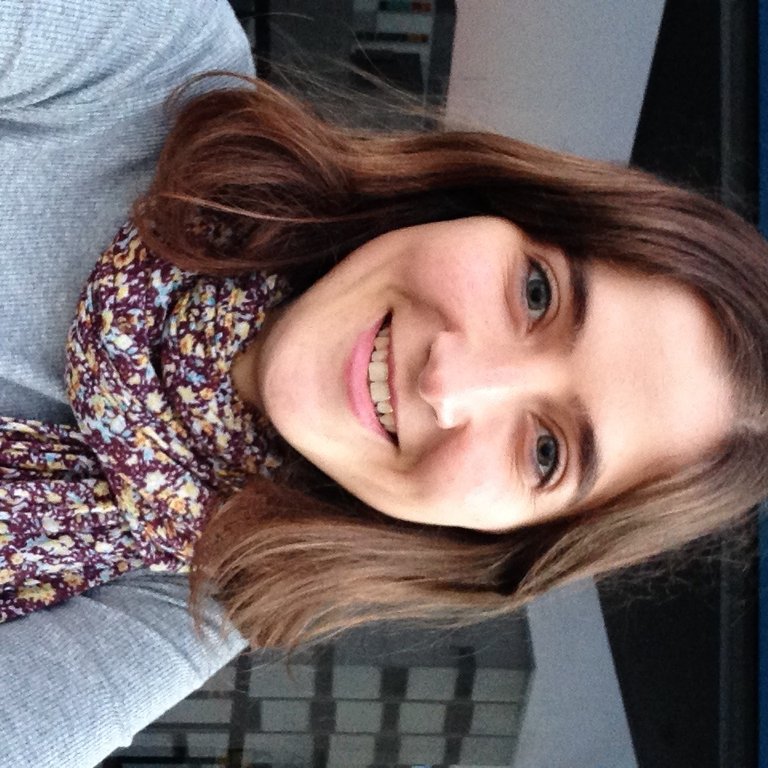“You have to move a researcher several times”

Alaitz Etxabide Etxeberria has always enjoyed the world of laboratory, “but also industry,” he added. That is why you choose to study Industrial Chemical Engineering. However, until the last year of his studies, he did not know the world of research. Precisely, in the research group Biomat, he carried out the project of end of degree and knew what it was to investigate. According to him, he liked “aunitz” and is noticeable because since then he has followed the same path.
Thus, he studied the Master in Engineering of Renewable Materials, who again carried out his final work in Bioma and, when the opportunity arose to carry out his thesis, he had no doubt to continue with them. He has spent three and a half years doing his thesis and presented it recently. Although he is happy, he acknowledges that the realization of the thesis is not easy, among other things, because there is a lot of pressure and competence to publish works in a limited period, to make stays abroad, to attend scientific congresses, to obtain subsidies… “In the end you have to move a researcher a lot, in addition to investigating a specific topic.”
That surprised him. However, he says that throughout the thesis he has been “very satisfied”: for the subject, for the companions, for the environment… And the results have also been very good: “Extended to different applications. At first it was a matter of investigating a food packaging material, but then we saw that the investigated jelly could have many applications in medicine.” They contacted other groups and, in collaboration, developed an appropriate medical material.
For the environment
The medical application of developed materials greatly satisfies Etxabide, but also places great importance on the absence of environmental impacts: “They are completely biodegradable and in the final composting phase they have no negative effects. Therefore, we have a solution to overcome the problem of plastics”.
The fact that the industry does not bet on it with a solution, gives “rage” to Etxabide: “I’ve worked in a laboratory, but if the techniques I’ve used are already in the industry, they don’t have to make much investment. What happens? They have no legal pressure to make this change and they have no interest.” In any case, do not resist: “I think the change will happen little by little.”
For the moment, he considers that the steps being taken in the industry are not enough to really change. “For example, renewable raw materials are being used but they are not biodegradable, so the problem is not solved. Biopolyethylene, for example, is obtained from corn, but the subsequent product is not biodegradable. And no information is given about it. People throw plastics to recycle, but don’t know that much can’t be recycled.”
He would like to follow the path undertaken and does not close doors to travel abroad. During his doctoral thesis he made stays at the University of Bordeaux (France) and at the University of Newcastle (UK). “There I learned to work with people from different parts of the world, I knew other cultures and that is enriching for both work and self.”
To conclude, Etxabide has claimed that the Basque language must also have room in science. Despite his great work, he has written his thesis in Basque and has used the Basque language to explain his work both in congresses (Ikergazte, Science and Technology of Materials) and in magazines (Ekaia).
Alaitz Etxabide Etxeberria (Lesaka, 1990) studied at the UPV/EHU the Degree in Engineering in Industrial Chemistry and the Master in Renewable Materials Engineering and presented his international thesis in the same place: “Control of the penetration reaction to adapt the properties of protein films and biocomposites”. He has published 16 scientific articles, two of them in Basque in Ekaia magazine. He has also had the opportunity to speak in Basque and English. In 2016, as a student of PhD, he received the award for the best lecture by the Elsevier magazine.
Buletina
Bidali zure helbide elektronikoa eta jaso asteroko buletina zure sarrera-ontzian












